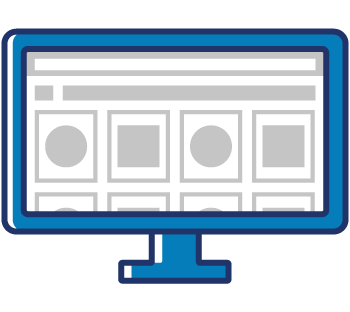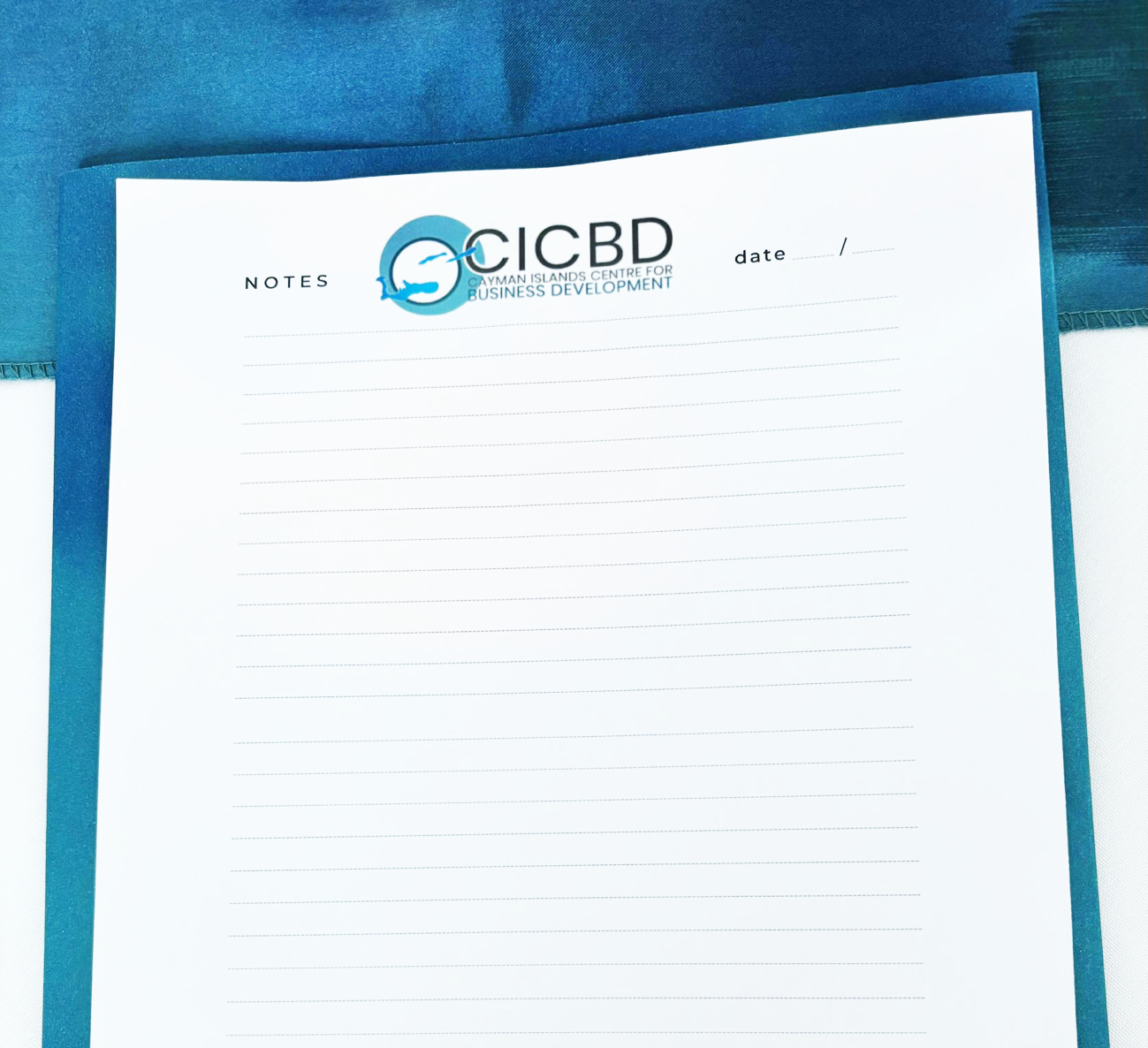Take Action to Optimize Your Business Management
LET'S GET STARTEDCalculate your startup costs
How much money will it take to start your small business? Calculate the startup costs for your small business so you can request funding, attract investors, and estimate when you’ll turn a profit.
Content
- Identify your startup expenses
- Estimate one-time costs
- Calculate recurring expenses
- Consider pre-opening costs
- Include administrative costs
- Estimate initial working capital
- Research legal and regulatory requirements
- Account for contingencies
- Consult experts
- Create a comprehensive budget
- Be Realistic
Break-Even Analysis Calculator
Use this calculator to discover your break-even point and determine your future profits
Get your profit analysisIdentify your startup expenses
Begin by listing all the essential elements required to start your business. This may include things like equipment, inventory, licenses and permits, signage, furniture, technology (e.g., computers, software), salaries, initial marketing expenses, developing a website, legal fees, insurance, etc. Most businesses fall into one of three categories: brick-and-mortar businesses, online businesses, and service providers. You’ll face different startup expenses depending on your business type.

Brick and mortar

Online

Service
Brick and mortar Online Service
Estimate one-time costs:
Determine the one-time costs associated with starting your business. Research prices for equipment, fixtures, and any necessary renovations or improvements to the location. Get quotes from suppliers and contractors to obtain accurate estimates.
Estimate how much your expenses will cost
Once you have your list of expenses, you can estimate how much they’ll actually cost. This process will be different for each expense you have.
Some expenses will have well-defined costs — permits and licenses tend to have clear, published costs. You might have to estimate other costs that are less certain, like employee salaries. Look online and talk directly to mentors, vendors, and service providers to see what similar companies pay for expenses
Calculate recurring expenses:
Determine the recurring expenses that you will incur on a regular basis. This includes costs such as rent, utilities, salaries/wages, inventory restocking, marketing/advertising, insurance premiums, maintenance and repairs, professional services (e.g., accounting, legal), and any subscription fees.
Consider pre-opening costs:
Pre-opening costs are expenses that you will incur before officially opening your business. This may include market research, business registration fees, permits and licenses, initial inventory purchases, branding and logo design, website development, and other promotional activities.
Include administrative costs
Don't forget to account for administrative costs, such as office supplies, stationery, phone and internet bills, point-of-sale systems, and other essential tools needed to run your business smoothly.
Estimate initial working capital:
Working capital refers to the funds required to cover day-to-day operational expenses until the business becomes self-sustaining. Estimate the amount of capital you will need to support ongoing costs like salaries, inventory, rent, and utilities until your revenue covers these expenses.
Research legal and regulatory requirements:
Be aware of any legal or regulatory requirements specific to your industry or location. These may include licensing fees, permits, health and safety inspections, planning requirements, and other compliance costs.
Account for contingencies:
It's wise to allocate a certain percentage of your start-up costs as a contingency fund to account for unexpected expenses or budget overruns. These might include identifying any risk or events that could impact your business (for example delays in supply, equipment breakdown, natural disasters, changes in regulations etc. Accounting for contingencies provides a safety net for your business. It allows you to navigate unexpected challenges without derailing your operations or causing undue financial strain.
Consult experts:
If you're uncertain about certain costs or need assistance with financial projections, consider consulting with an accountant or business advisor. They can provide valuable insights and help you make accurate estimations.
Create a comprehensive budget
Compile all the estimated costs into a comprehensive budget. Categorize expenses, differentiate between one-time and recurring costs, and assign realistic figures to each category. This will give you a clear understanding of your total start-up costs.
Be Realistic:
Remember, it's important to be thorough and realistic in your estimations. Conduct thorough research, gather multiple quotes, and consider various scenarios to ensure your budget accurately reflects the resources needed to start and sustain your mom-and-pop shop-type operation. Keep in mind that potential funders will compare your expected costs to your projected revenue in order to determine if your business has real potential to turn a profit so you must make every effort to be clear on your costs.
See what it will cost to start your business.
Download this fillable PDF spreadsheet to calculate your small business startup costs.
Calculate Startup Costs


